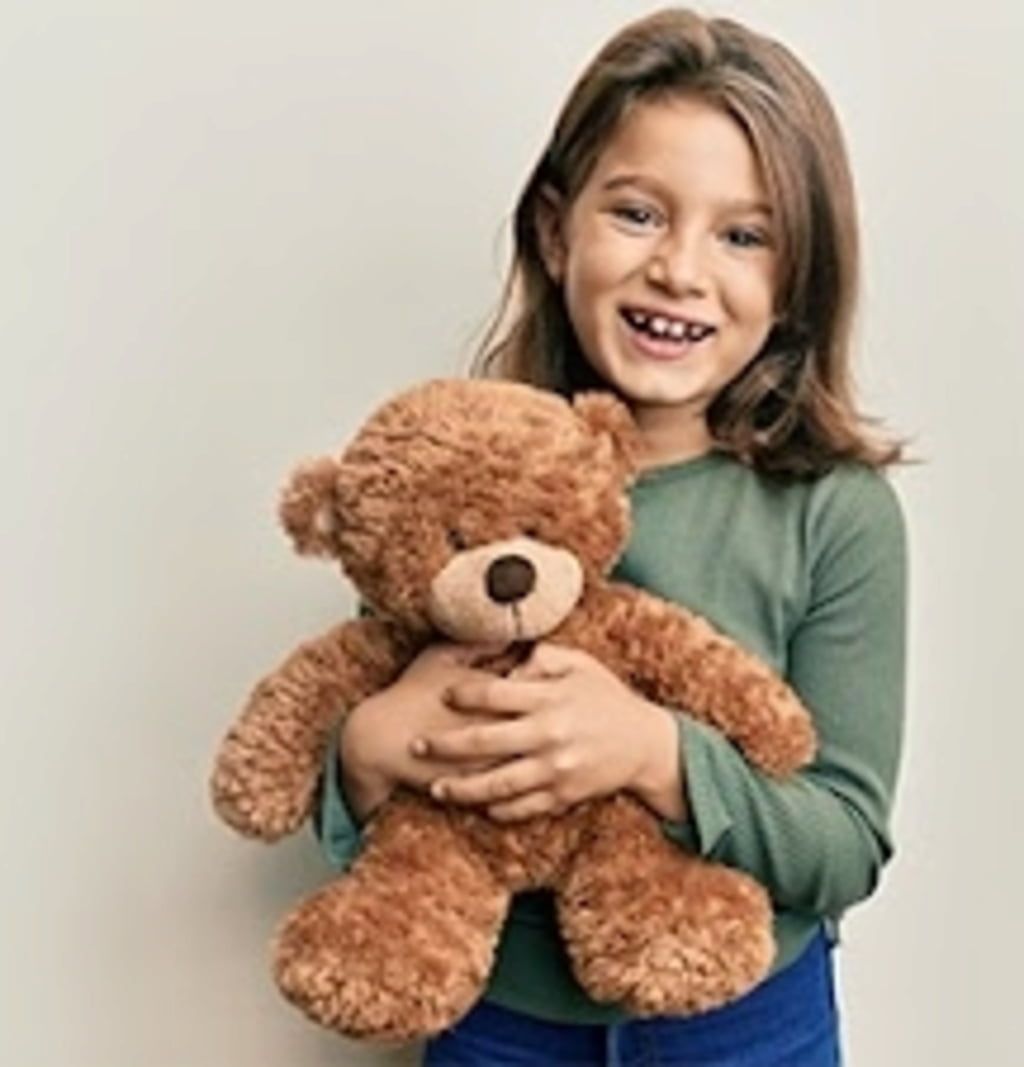Happiness In Your Arms - Cuddly Toys As Friends For Life
Every adult remembers their favourite cuddly toy from their childhood. Some still own and treasure it.
What makes a stuffed animal so special? Why can we still remember every detail after decades and smile when we talk about it?
Just in time for World Cuddling Day on January 21st, we have compiled interesting facts about this heartwarming topic. We would also like to give parents a few tips on what to consider when buying and handling their children's fluffy treasures.

Good relationships
A child's first relationship is always with its mother. The relationship develops during pregnancy and is particularly intense in the first few months of the baby's life. Of course, after the birth, the father and/or other caregivers are very important too.
But the fact is - and every pubescent teenager will confirm this - that you can't choose your parents. But you can choose a first intimate cuddly friend! This is a huge step on the way to a self-determined childhood.
Stuffed animals are often referred to by psychologists as transitional objects because they facilitate the transition from the important mother relationship to new interpersonal relationships. If the child has proven itself in several of these relationships and feels comfortable with it, the desire for the stuffed animal will slowly diminish.

A partner
For children, a stuffed animal is much more than just a soft cuddly friend. Personality and soul are given to the inanimate object. It is chatted to, played with, cried at and hoped for. In addition, the stuffed animal is always there, even when mum and dad are busy.
In order to be able to successfully cope with the many difficult everyday situations, the cuddly toy serves as emotional support. It helps children fall asleep, accompanies them on trips or visits to the doctor, comforts them when they're ill and listens when they cry. Happy situations become even better with the furry partner at their side: "I'm fine. teddy is my friend. That's why I want him to be here too, so he can enjoy it."
In role-playing games, stuffed animals serve as willing play partners. For example, stressful visits to the dentist are replayed. In real life, the child had to endure this procedure passively. But now the roles are reversed. The cuddly toy takes on the passive part, while the child can slip into the active role of the doctor. In this way, the experience can be processed better.

Are you too old for stuffed animals?
As already mentioned, at some point we will reach an age when our cuddly friends are no longer needed. Keeping them for later can still be worthwhile! If you feel down and lonely, a fluffy button can provide closeness, warmth and security even in adulthood. Released endorphins brighten the mood. There are even studies that show that this can stabilise the immune system.
One reason for this is probably our sense of touch. It develops as early as the 6th week of pregnancy. That's probably why we particularly enjoy skin contact. The sense of smell also plays a major role. Smells are stored in the oldest regions of the brain. This is why a fragrance that we thought we had forgotten can awaken very intense memories, which in turn has a positive effect on our emotional well-being.
All of this knowledge has been used in the care sector for several years. Soft animal robots are used to care for people with dementia or severe disabilities. They can evoke positive reactions and allow communication without words. This is often referred to as opening the doors.

Tips for parents - what to consider?
The material of the future cuddle buddy should be free of harmful substances and contain as few plasticisers as possible. Unfortunately, this is not always obvious at first glance. Look for special seals of approval or browse the manufacturers' websites!
Something that takes a long time
Teddy and Co. are washed more than 100 times on average and touched and played with 1000 times. The higher the quality of the material and production, the longer the joy of the children. Some parents only buy cuddly toys in a double pack. This means that a replacement of equal value is immediately at hand if the original can no longer be saved and, under certain circumstances, no longer be bought at all.
Something tangible
Pay special attention to a good feel. This means that active exploration with the sense of touch should be as pleasant as possible. Soft fur, different surfaces, easy to squeeze, easy to grip - all this has to be taken into account. Elements that are annoying when hugging, and sharp and easily swallowed parts are a no-go.

Good shape
The most important thing is a friendly facial expression. Posable limbs and a rotating head aren't required, but they're a nice touch. Avoid toys with too many accessories. They can limit creativity while playing.
Less is more
Of course, you only want the best for your offspring, but don't get too many cuddly companions. If a stuffed animal is no longer enjoyed, you can put it away so that it is still there in case of doubt. If your child is old enough, the toy box can be sorted through with them.
Tastes are different
Even if you personally don't like a certain aesthetic, your child might love it. Of course, that's perfectly fine! Always offer your child different models and ask them specifically what they like and why they chose it.
Related products
-
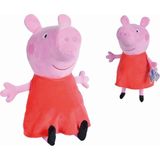 £19.08 £21.00
£19.08 £21.00Delivery by April 25
-
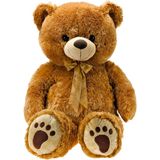 £21.69 £24.00
£21.69 £24.00Delivery by April 25
-
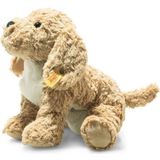 £28.64 £32.00
£28.64 £32.00Delivery by April 25
-
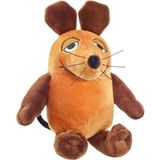
Schmidt Spiele Die Sendung mit der Maus - Mouse Stuffed Animal
-10%- Soft material
- Fluffy plush
- Size: about 25 cm
£15.61 £17.35Delivery by April 25
Magazine Articles:
Discover Playpolis:
-
Great Britain: Free standard delivery from £59.90
-
Free
returns More than 6.500 products
Secure payments
with SSL encryption technology
